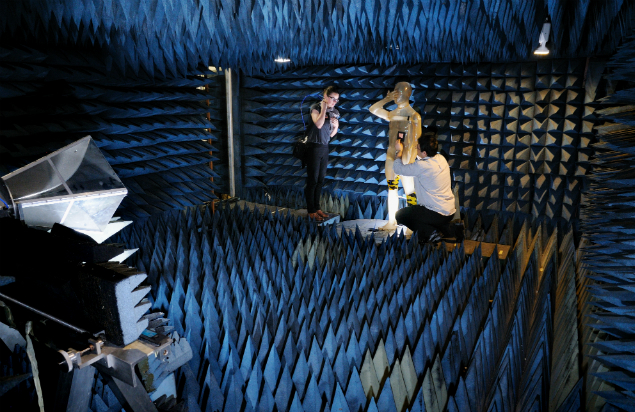
Data-Centric Enginering programme. Credit:Queen Mary University of London
The programme will train a new type of researcher, adept at working in both academic and industrial environments, through a four-year programme involving taught courses, workplace-based research projects and professional development training.
By adopting a novel recruitment, selection and training process, the CDT aims to target talented individuals who left higher education three or more years ago but faced barriers to further doctoral study.
Dr Eram Rizvi, Deputy Dean for Research at Queen Mary and Programme Director, said: “We know that some of the top barriers for undertaking a PhD or moving from industry back into academia are financial barriers, doctoral programmes that are not well-adapted to future career aspirations, and a lack of self-confidence.”
“We’ve tried to address these in our programme, for example by offering pre-application workshops to support interested applicants and enhanced financial stipends. We believe that these steps will help to expand the research talent pool and increase the diversity of highly-skilled scientists in this field, which is so important for both Queen Mary and the UK’s wider ambitions to maintain leadership in data science and engineering.”
Widening access to doctoral training
The Centre for Doctoral Training in Data-Centric Engineering, forms part of the UKRI’s DTP Doctoral Mobility Pilot, which aims to increase mobility across industry and academic sectors and enhance research skills of individuals from industry and other non-academic backgrounds.
The recruitment process will focus on attracting two types of graduates, Professional Doctoral-Scholars (PDS) already with industry partners, and Enterprise Doctoral-Scholars (EDS), individuals who faced financial or other barriers that prevented them from continuing on to doctoral study at the end of their degree.
The high-quality bespoke training programme offers doctoral scholars with access to world-class researchers and facilities at Queen Mary, as well as the direct workplace-based application of research methods in live industrial settings at programme partners including IBM, BT and the BBC.
Those interested in the programme will also have the opportunity to attend pre-application workshops to support them through the application process.
Sheila Gupta MBE, Vice-Principal for People, Culture and Inclusion at Queen Mary, said: “As a University we are committed to becoming the most inclusive research-intensive university in the world by 2030. This programme is a great example of how Queen Mary is working to address barriers that prevent talented individuals from reaching their full potential, in an effort to increase diversity in research.”
More information



